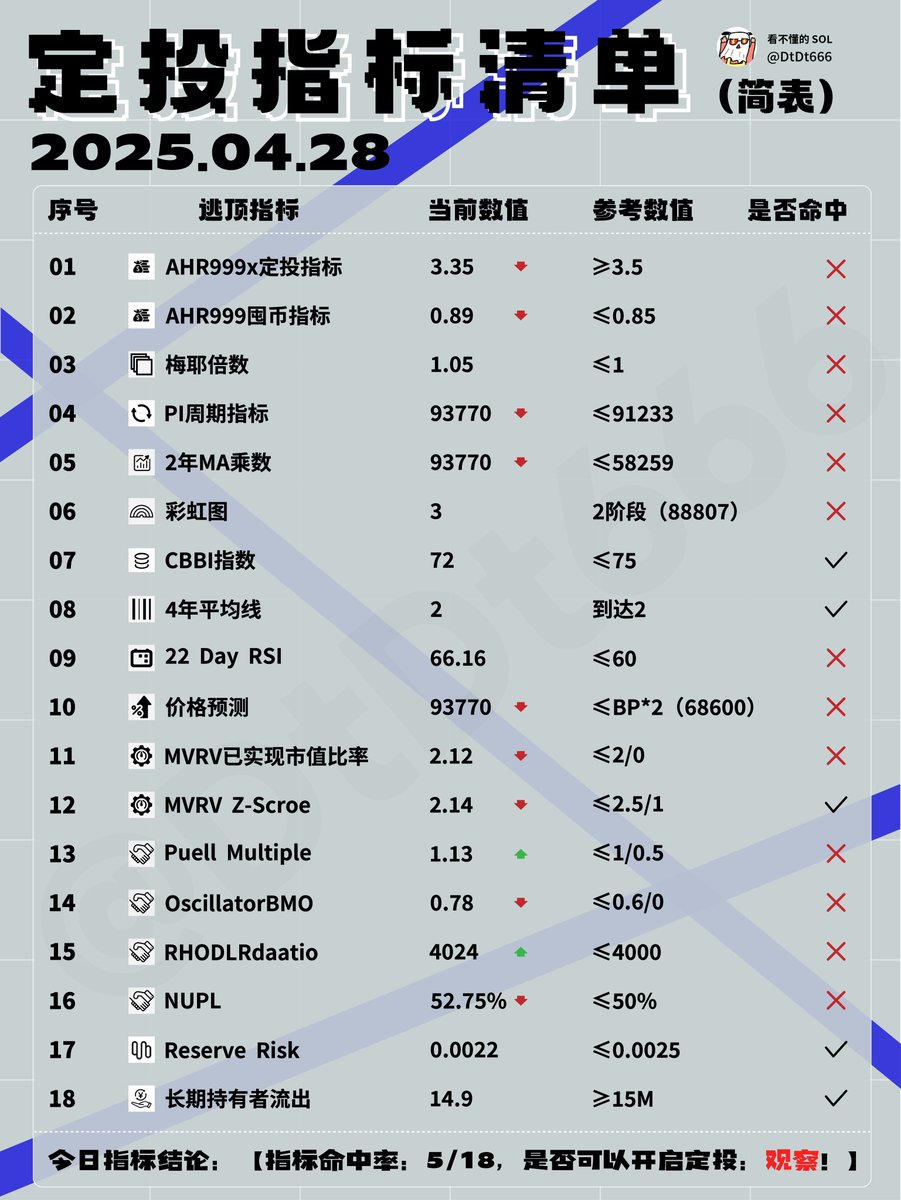
看不懂的sol
币圈小白
04-28 20:50
Follow
What is the essential difference between investment and speculation?
Thoughts about reading the book "Smart Investor" repeatedly
Senior Graham pointed out the essential difference between investment and speculation:
Investment operations are based on in-depth analysis, ensuring the safety of the principal, and obtaining appropriate returns; operations that do not meet these requirements are speculation.
The market is extremely unstable, and the stock price is also very unstable, because there will always be speculators messing up the market and raising prices. If you want to truly make money in the stock market, speculation is the most undesirable and the easiest to be trapped.
Value investment will not be affected by factors such as market instability, and can even make a big profit when the market is unstable.
Three core elements of investment
From the definition of investment, investment includes the following three core elements:
In-depth analysis: based on corporate fundamentals (profitability, financial status, industry prospects) rather than market sentiment;
Principal security: hedge risks through "margin of safety" (such as buying undervalued prices);
Appropriate returns: pursue long-term stable returns rather than short-term huge profits.
Remember to invest, chase ups and sell downs, remember to take advantage of opportunities
Four major traps of speculation
Rely on market volatility: focus on short-term price increases and falls, rather than the real value of assets;
Information-driven decision-making: chasing hot spots, insider information or technical charts, lack of independent analysis;
High leverage gambling: while amplifying returns, risks increase exponentially;
Emotional trading: Chasing the rise when greed, cutting the loss when panic, falling into the cycle of "buy high and sell low"
How to avoid speculation
1. Three questions about the soul:
Are you investing or speculating?
Have you analyzed the company's financial statements and business models?
Is your buying decision based on “price below value” or “feeling that it will rise”?
Can you afford to hold a position that does not rise or even fall 30% for 3 years?
2. Four principles of action
Establish a safety margin: Buy only when the stock price is below 30% of its intrinsic value;
Decentralized allocation: stocks, bonds and cash ratios are allocated according to risk tolerance;
Regular review: evaluate whether the position logic changes every year, rather than short-term fluctuations when the market is eyeing;
Reject leverage: invest with spare money to avoid risk of liquidation
The essence of investment is cognitive monetization
Real investment is a game with oneself:
Overcome greed: reject the temptation of “double one month”;
Practice patience: Hold assets like a farmer waiting for crop growth;
Stay humble: Acknowledge that the market is unpredictable and focus on controllable factors.
"Time is the friend of a good company, the enemy of a bad company." — Warren Buffett
mutual encouragement!

Risk and Disclaimer:The content shared by the author represents only their personal views and does not reflect the position of CoinWorld (币界网). CoinWorld does not guarantee the truthfulness, accuracy, or originality of the content. This article does not constitute an offer, solicitation, invitation, recommendation, or advice to buy or sell any investment products or make any investment decisions
0
48
0
43
0
No Comments